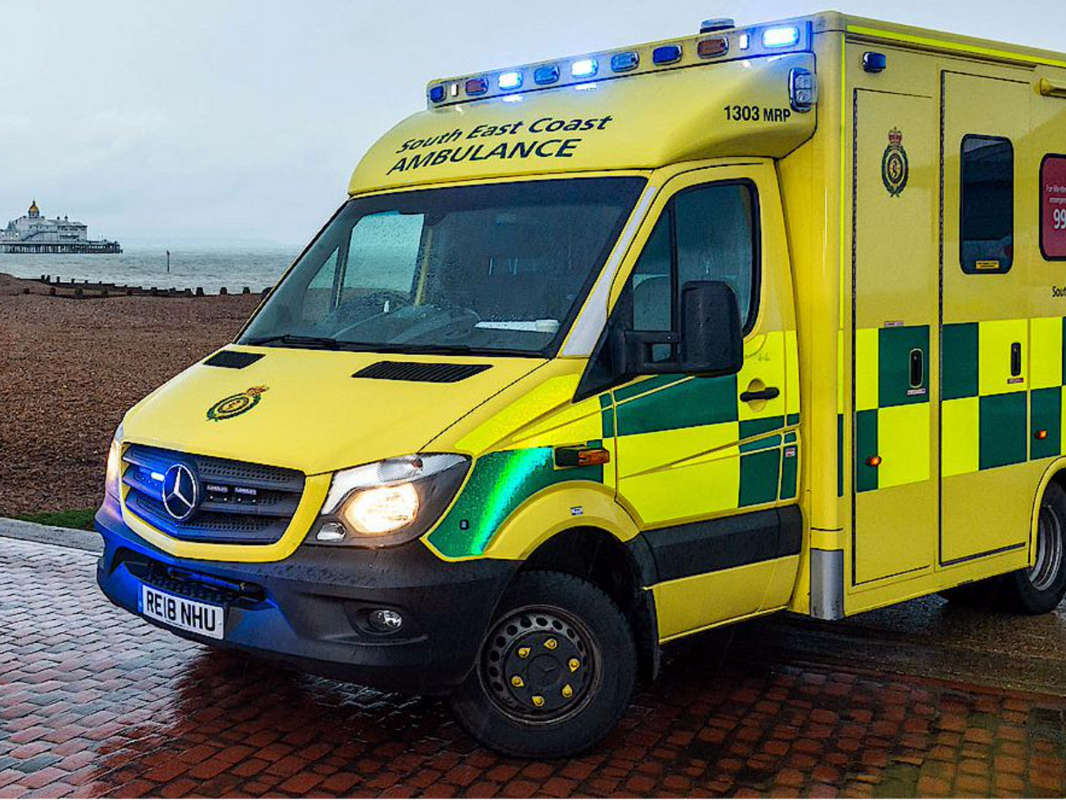
The South Central Ambulance Service NHS Foundation Trust (SECAmb) has been rated inadequate after a recent inspection by the Care Quality Commission (CQC).
Of the seven categories rated by the CQC in April and May, three were rated 'inadequate', three 'good' and one 'requires improvement'.

The inspection was prompted by concerns CQC received about the quality of the trust’s governance and its staff training.
CQC assessed the trust’s leadership, its emergency operations centre (EOC), and the urgent and emergency care it provides to people.
Following this inspection, CQC’s overall rating for the trust and its ratings for how safe and well-led it is have dropped from good to inadequate.
CQC rating for how responsive to people’s needs the trust is, has deteriorated from good to requires improvement, while its ratings for being effective and caring remained good.
For the core services within in the trust that CQC inspected, the rating for the EOC has dropped from good to requires improvement, and the rating for emergency and urgent care has deteriorated from good to inadequate.
Denna Westwood, Director of CQC’s South Network, said:
“We initially carried out this inspection of South Central Ambulance Service NHS Foundation Trust in response to concerns about the quality of the trust’s governance and training.
“However, as the inspection progressed, we identified further issues - particularly around shared leaning from serious incidents and allegations against staff not being appropriately addressed. We also found safeguarding wasn’t being given the priority it deserved, which is something we had already identified to the trust in November 2021.
“As a result of our concerns, we have issued the trust with a warning notice so it’s clear about the areas it immediately needs to address to ensure people’s safety.
“Despite the issues which undermined the quality and safety of care the trust provided, staff on the front line were doing their absolute best to provide safe and effective care and treatment of patients - despite, in some cases, feeling overwhelmed and having a sense of ‘compassion fatigue’. They should be applauded for the job they are doing, especially in light of the additional pressures on the service caused by the COVID-19 pandemic.
“But while staff were doing their very best to provide safe care to patients and support to each other, leaders sometimes appeared out of touch and were not fully sighted on issues that impacted the overall effectiveness of the care they were providing.
“We also found there were frequent and prolonged delays in reaching people who had requested emergency assistance, and this resulted in poor outcomes for some people. Some of these issues are as a result of long waiting times outside of hospital to admit their patients, but there is action the trust can take to mitigate the impact of this on people. We would also encourage system leaders to work with the trust, as they cannot solve all of these problems alone.
“Staff described a dismissive attitude from trust leaders when they raised concerns and also told us people who raised concerns were treated badly as a result, and it was evident that the trust did not adhere to its own policy for whistle-blowers.
“I want to thank the staff who spoke up and praise them for being brave enough to come forward. Speaking up in these circumstances is not easy, but it is important that it happens because it can support safer and more effective patient care and treatment.
“We will continue to monitor the trust closely to ensure people’s safety whilst they are making the improvements we have told them to.
“If at any stage we find the trust’s patients are at immediate risk of harm as a result of unsafe care, we will not hesitate to take immediate further action.”
Inspectors found:
- Safeguarding was not given enough priority. There was insufficient assurance that processes were protecting people, despite CQC raising concerns with the trust in November 2021.
- Inspectors received information from a whistle-blower raising concerns about negative experiences at the trust; they said that the concerns applied especially to student paramedics. The whistle-blower said concerns had been raised with senior leaders, the Freedom to Speak Up guardian and the organisational development team - but there was no evidence concerns were being addressed. This correlates with reports from staff across the organisation who felt that the focus of the Freedom to Speak Up guardian was solely about patient safety issues and that other concerns were not recognised by leaders as being within the Freedom to Speak Up guardian’s remit.
- There were concerns regarding ambulances having to wait outside of emergency departments with a patient onboard for several hours before the hospitals had capacity to accept them into the department. It was recognised that this took ambulances off the road and that people suffered harm when ambulance availability outstripped demand. There was no evidence of action being considered by the trust to manage this risk, for example taking patients to quieter hospitals with capacity to provide more timely care and treatment where there was little or no difference in journey times.
- The trust’s board’s extreme positivity about its performance and the organisation’s culture could feel dismissive of the reality to frontline staff. This was borne out in the CQC’s survey of the trust’s staff, where one person stated they were ‘concerned about the culture of problems being swept under the rug, in particular within the management team.’
However, inspectors also found:
- In emergency and urgent care, patients were treated with kindness and compassion. Staff frequently checked to ensure patients were comfortable. Most patients said staff were very good and had provided assurance when they arrived.
- We saw and heard about examples where staff had been particularly kind and gone the extra mile to meet the needs of patients and their families.
- There were numerous examples of innovative practice that supported people getting the right care, in the right place.
Information provided by the CQC. The full report can be read online.


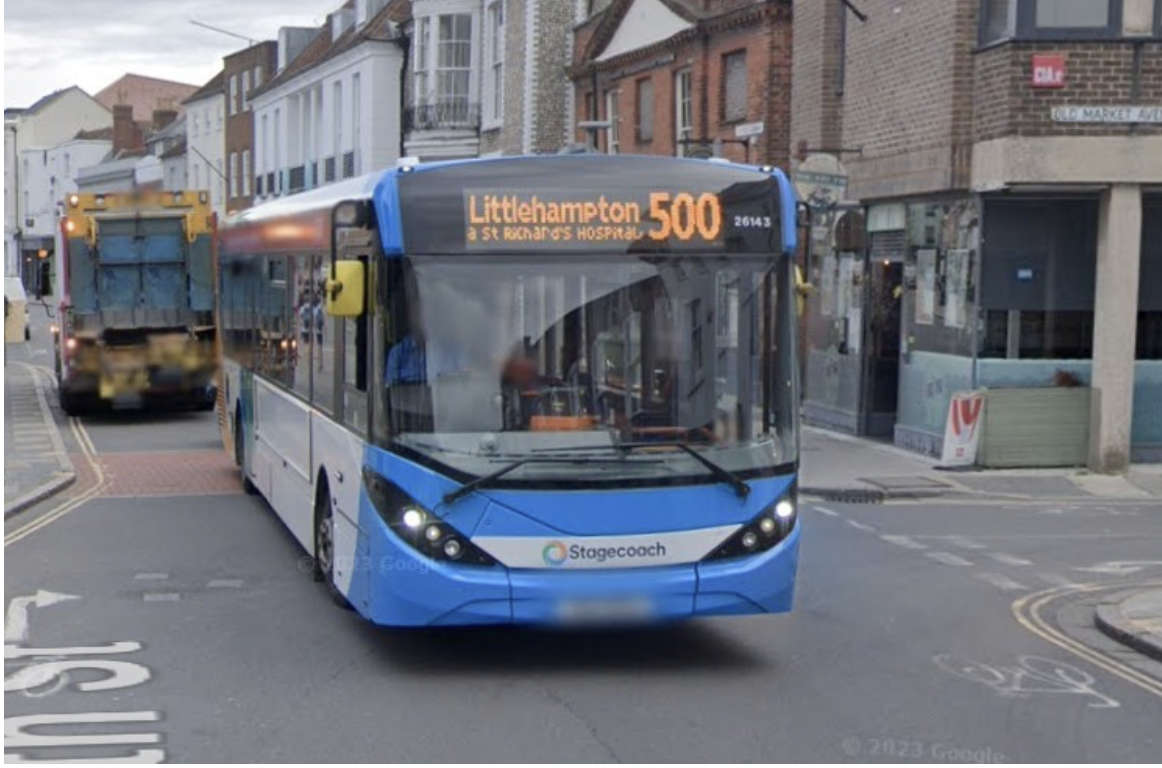 More 'Live' Bus Information Screens To Be Installed In West Sussex
More 'Live' Bus Information Screens To Be Installed In West Sussex
 Rare Bee Found In Lewes
Rare Bee Found In Lewes
 Event Bookings Go Live For Worthing Festival ‘24
Event Bookings Go Live For Worthing Festival ‘24
 Man Charged After Throwing Brick Through Brighton Restaurant Window
Man Charged After Throwing Brick Through Brighton Restaurant Window
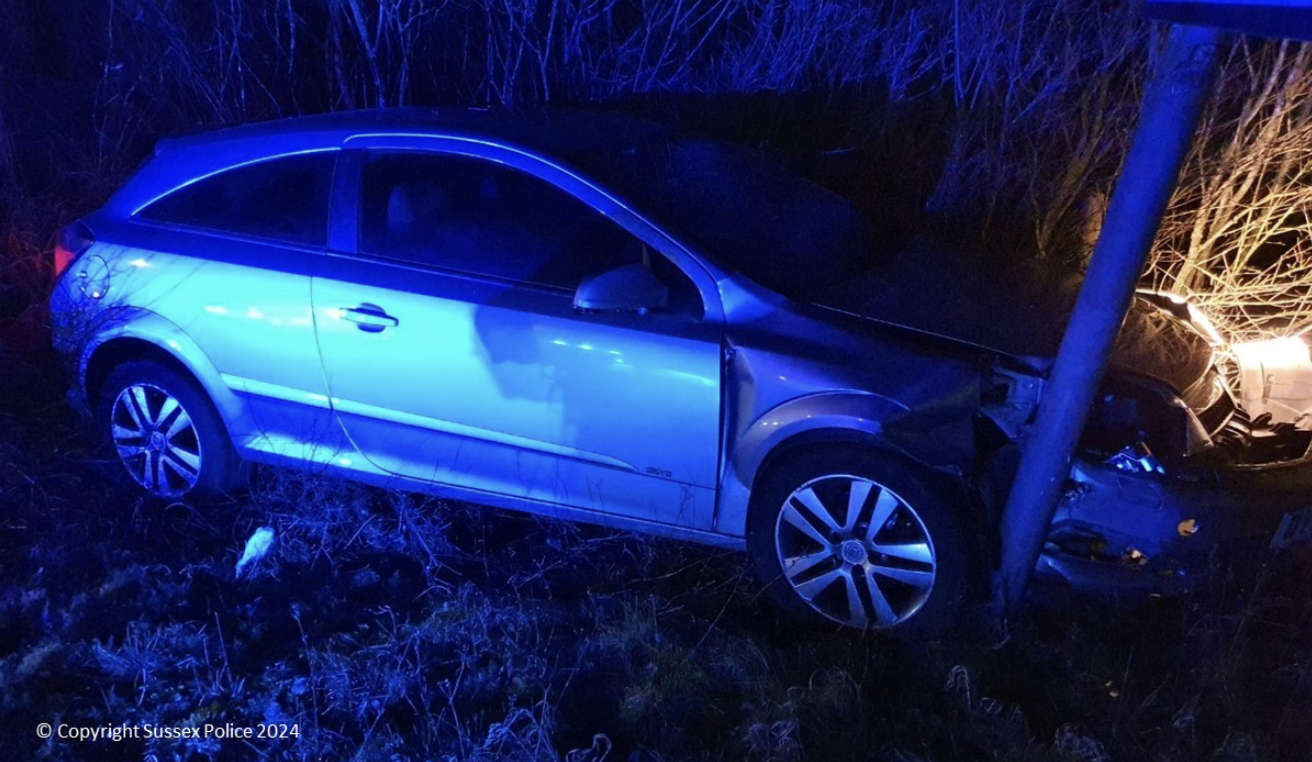 Peacehaven Man Disqualified Over High-Speed A27 Pursuit Near Brighton
Peacehaven Man Disqualified Over High-Speed A27 Pursuit Near Brighton
 Appeal After PCSO Assaulted In Uckfield
Appeal After PCSO Assaulted In Uckfield
 Man Charged With Rape Of Teenage Girl In Newhaven
Man Charged With Rape Of Teenage Girl In Newhaven
 Overnight Closures For A22 Forest Row Road Improvements
Overnight Closures For A22 Forest Row Road Improvements
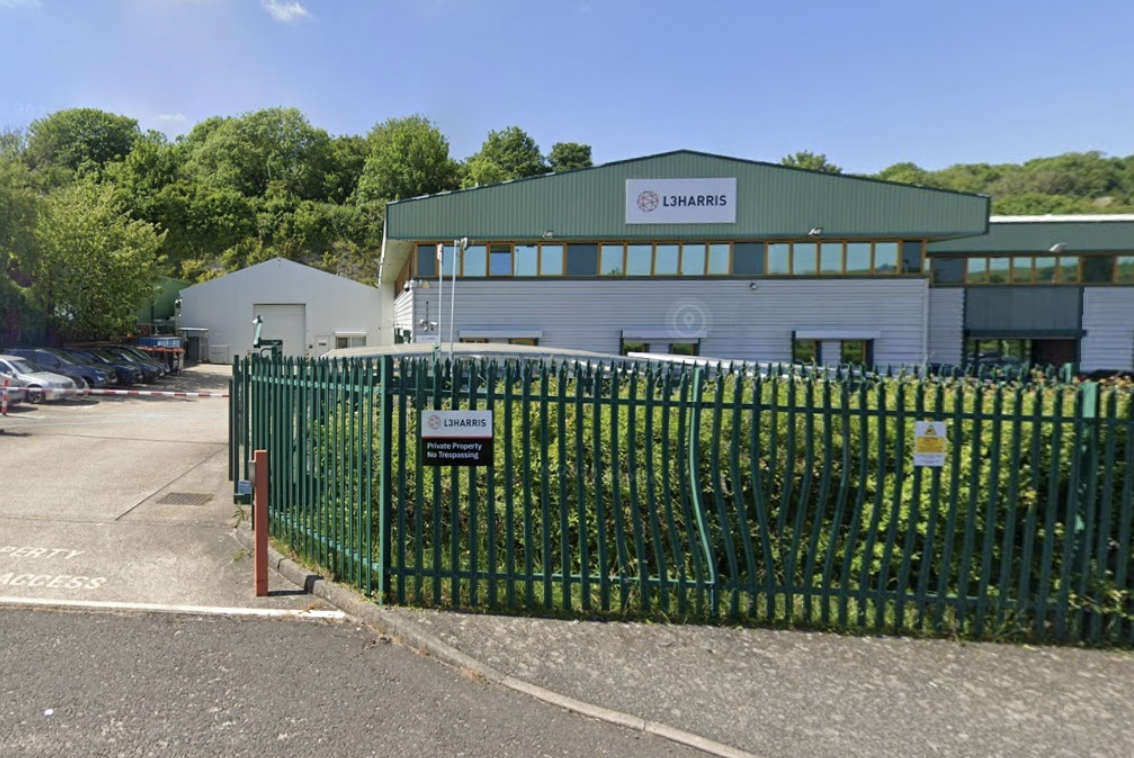 Brighton Defence Manufacturer's Controversial Planning Application Likely To Be Heard
Brighton Defence Manufacturer's Controversial Planning Application Likely To Be Heard
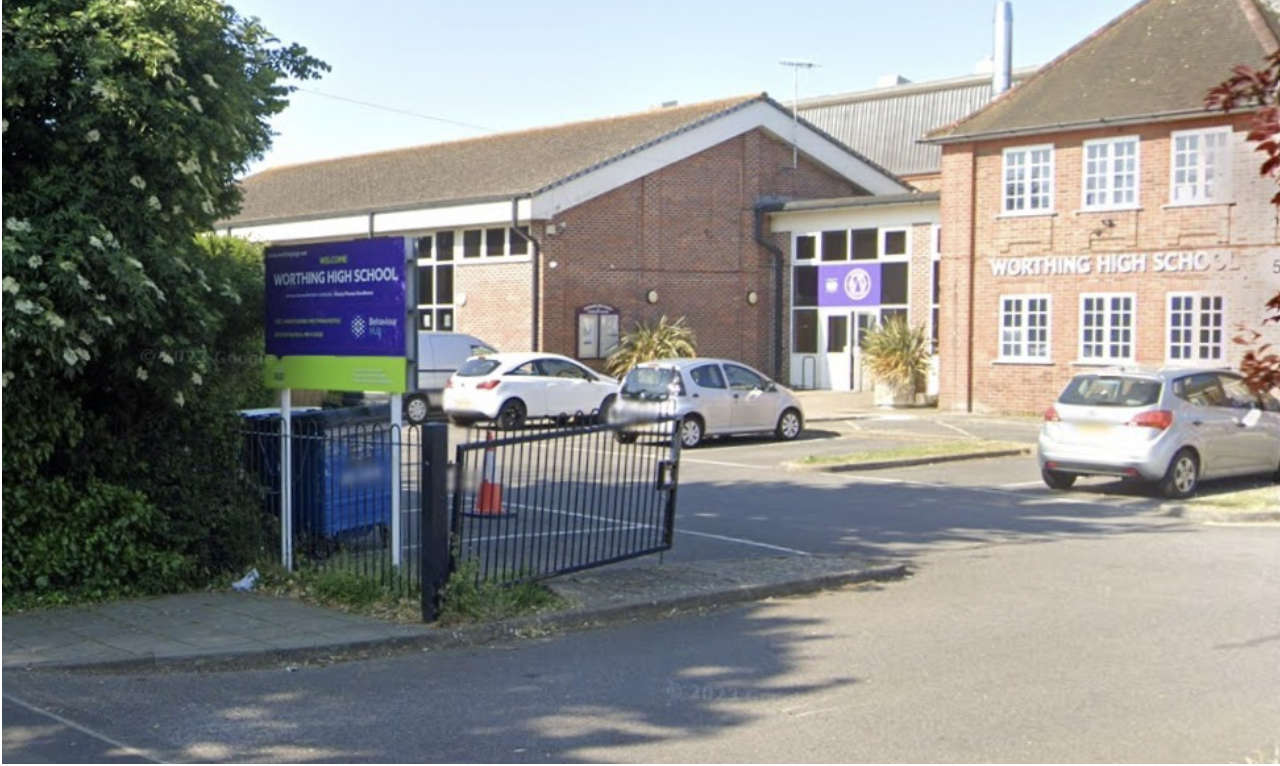 Over £2.4m Approved For Worthing School Support Centre
Over £2.4m Approved For Worthing School Support Centre